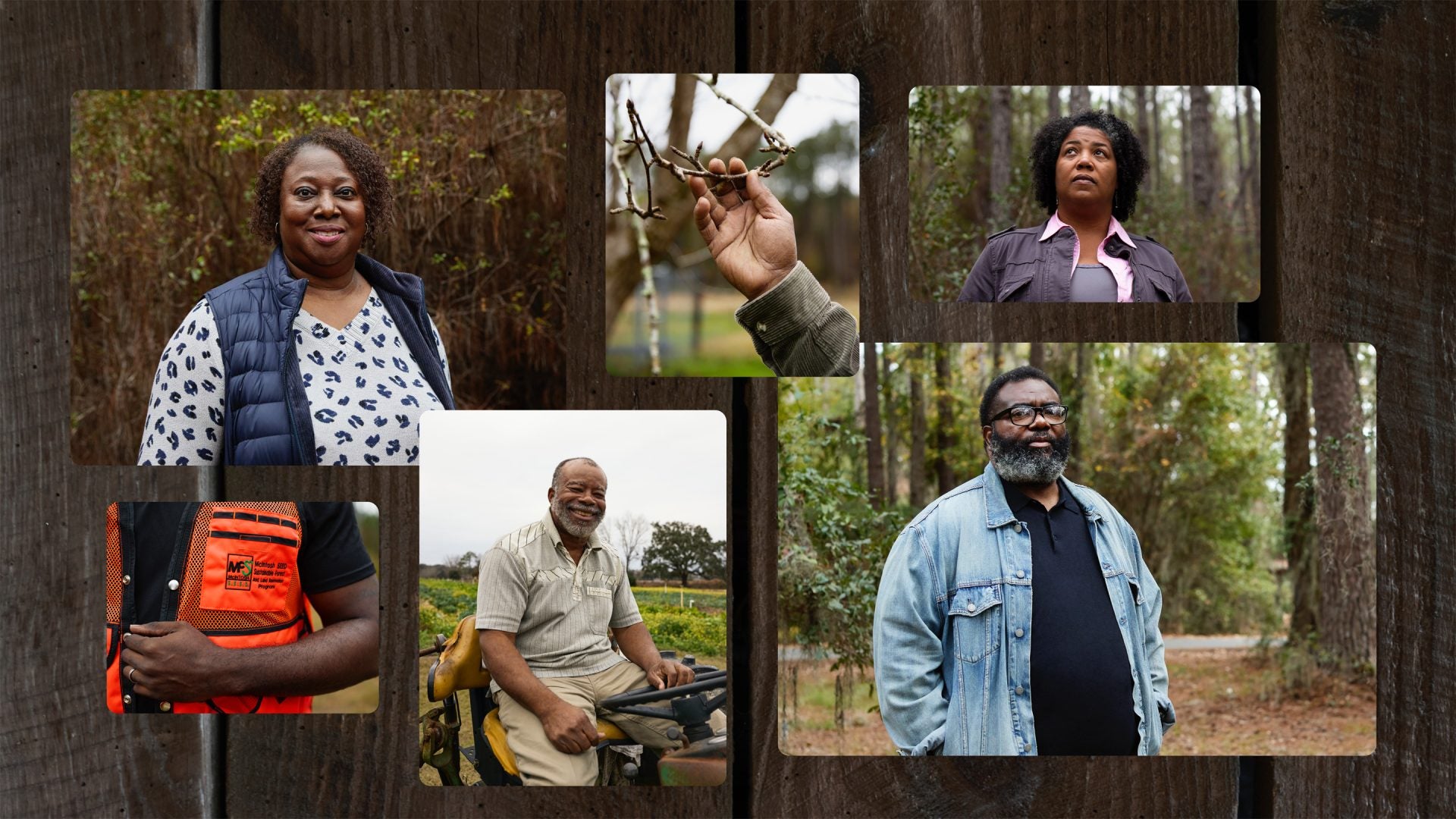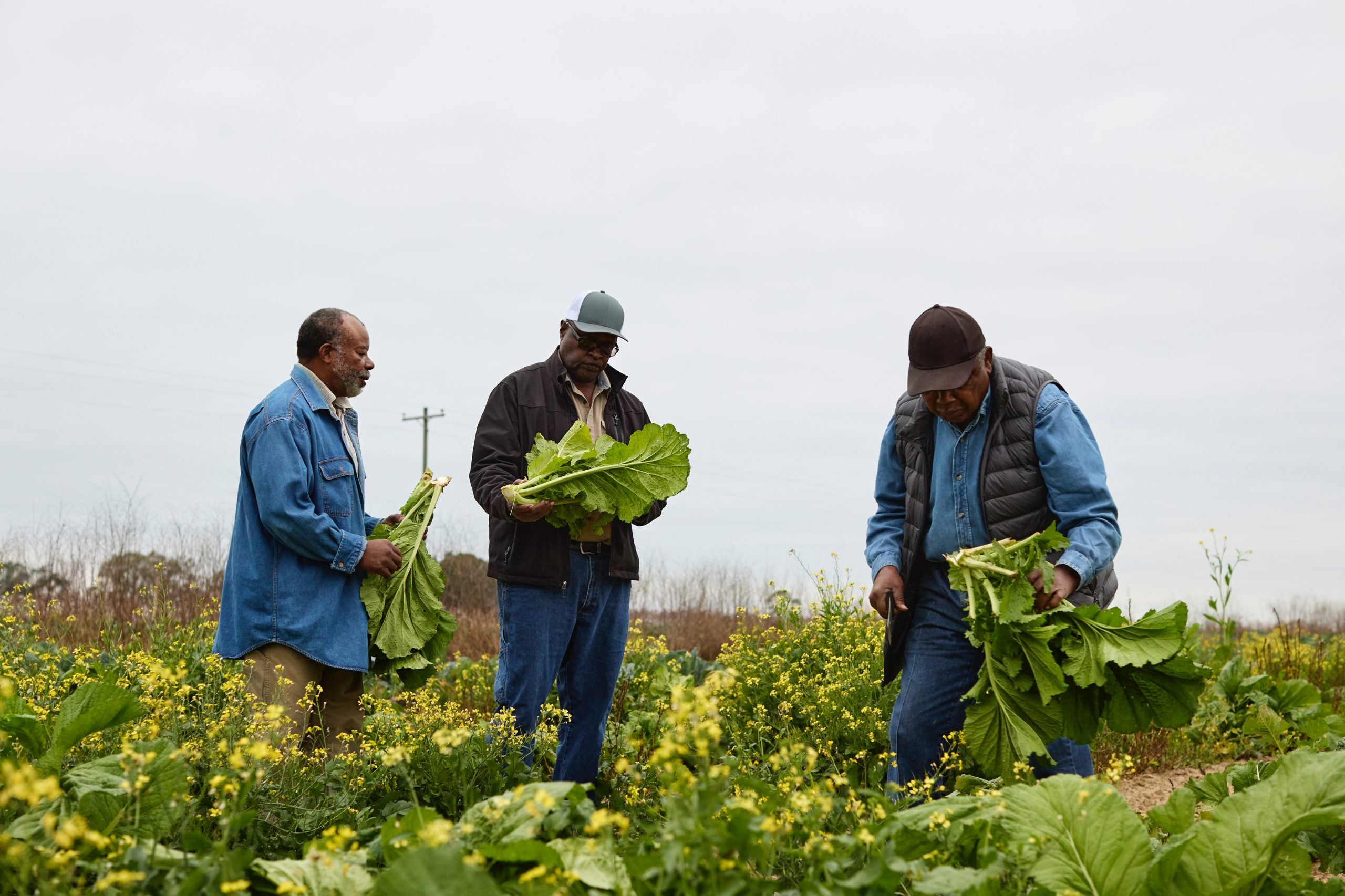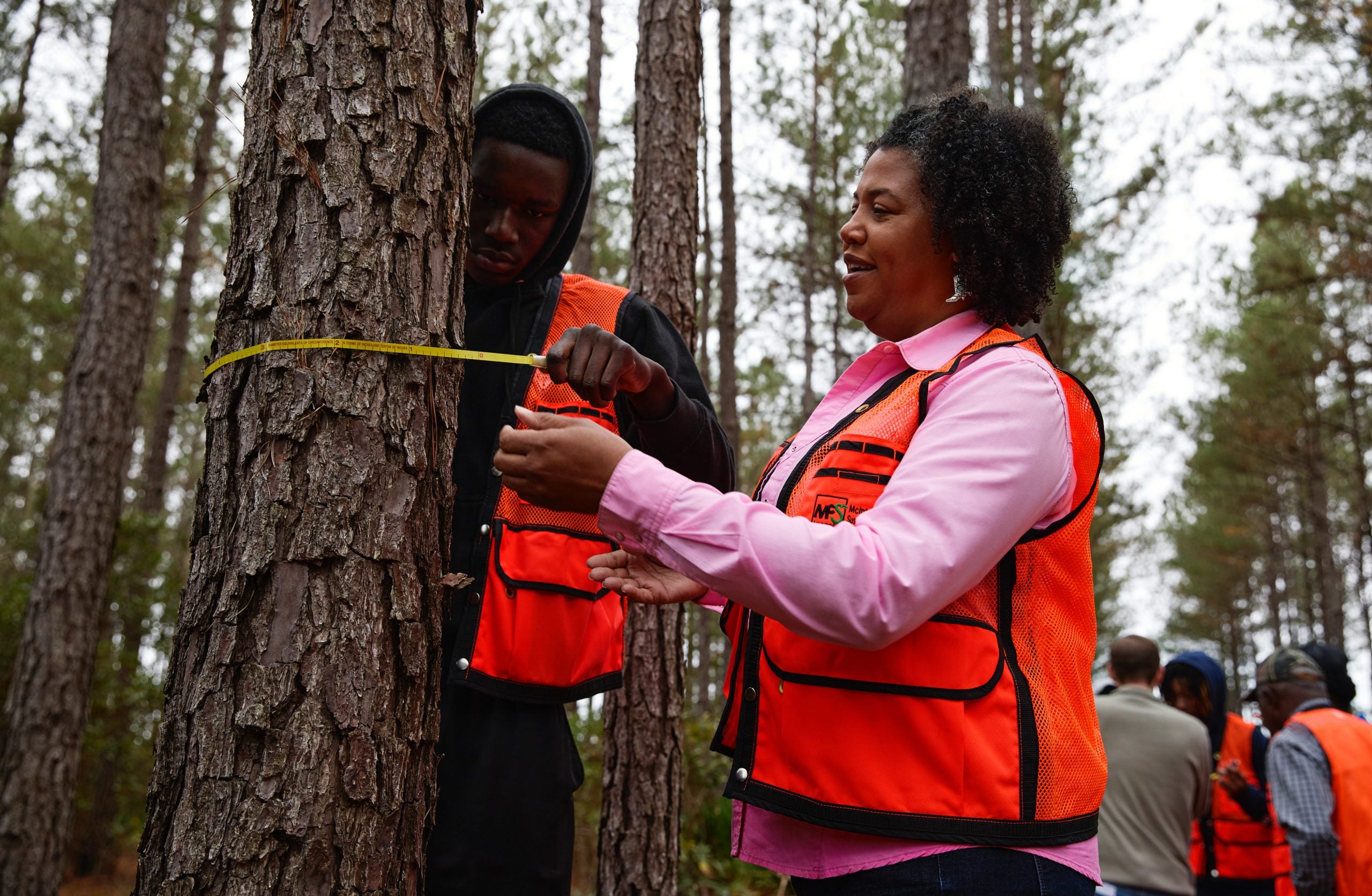
A new partnership between Apple and The Conservation Fund, a non-profit organization dedicated to environmental protection and economic development, will support Black and minority landowners and community organizations in the south that are advancing sustainable forestry, racial justice, and climate resilience.
“To promote justice and address climate change, we have to share resources and partner with organizations that have real on-the-ground expertise,” says Lisa Jackson, Apple’s vice president of Environment, Policy, and Social Initiatives, in a statement shared with ESSENCE. “I’ve always believed the most powerful solutions come from centering the most vulnerable communities, not ignoring them.”

The collaboration, announced in February, builds upon the initial efforts of Apple and The Conservation Fund, which started in 2015 to ensure a sustainable fiber supply through forest conservation.
The initiative will support land retention and improved climate practices that can be scaled throughout the region on privately held land with the support of McIntosh S.E.E.D., which helped establish the first Black-owned community forest in the country.
“Traditionally, we don’t have many Black forestry professionals,” Peterson said. “We want to build forestry, and we want to introduce our children to it so that they can pursue it as an option of future employment if they decide to, but in order for that to happen, they have to have that connection to the land.”

The 1,148-acre McIntosh S.E.E.D. community forest is where landowners from “oppressed and low-income communities” can learn about sustainable land management practices while being equipped and empowered to participate in conversations that have traditionally excluded them.
“We wanted a place where we could actually bring landowners, a demonstration site where they could see conservation practices,” said Cheryl Peterson, McIntosh S.E.E.D’s assistant managing director. “It puts the landowner in a place of empowerment.”